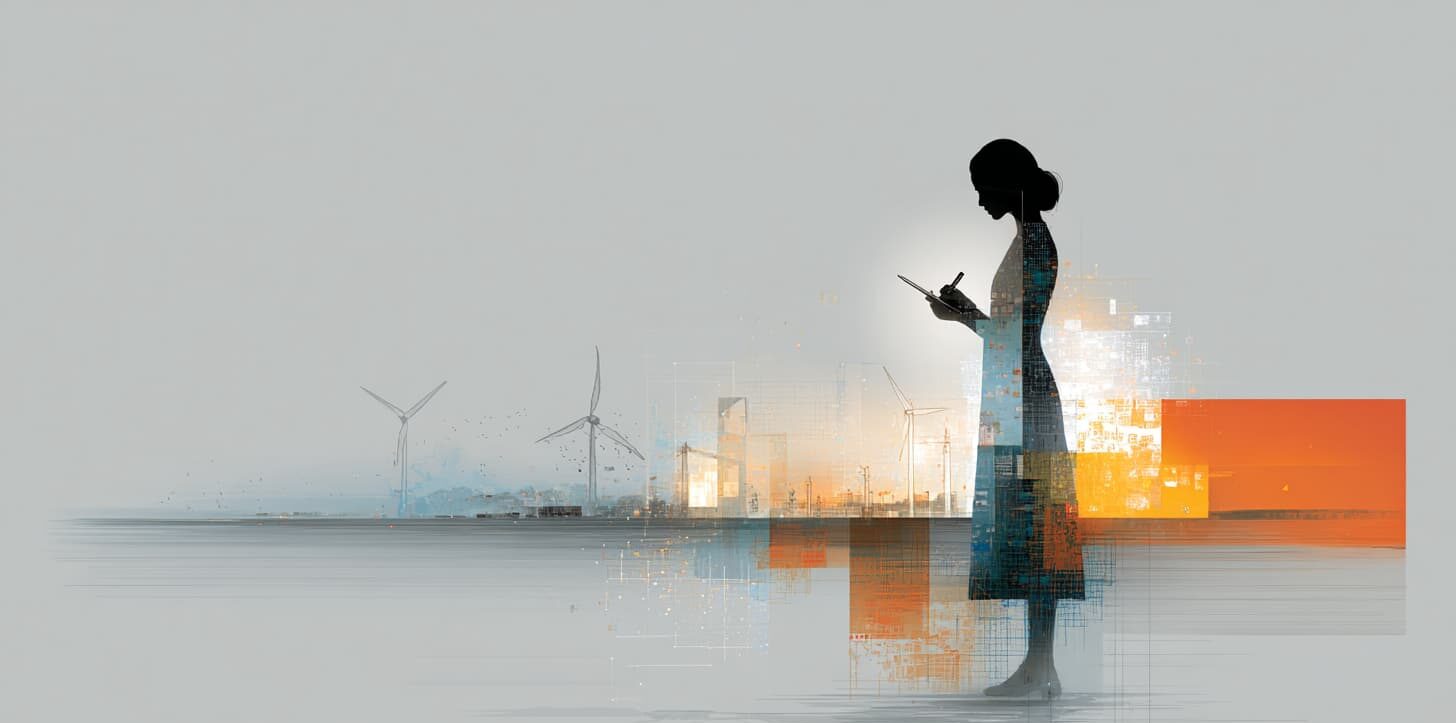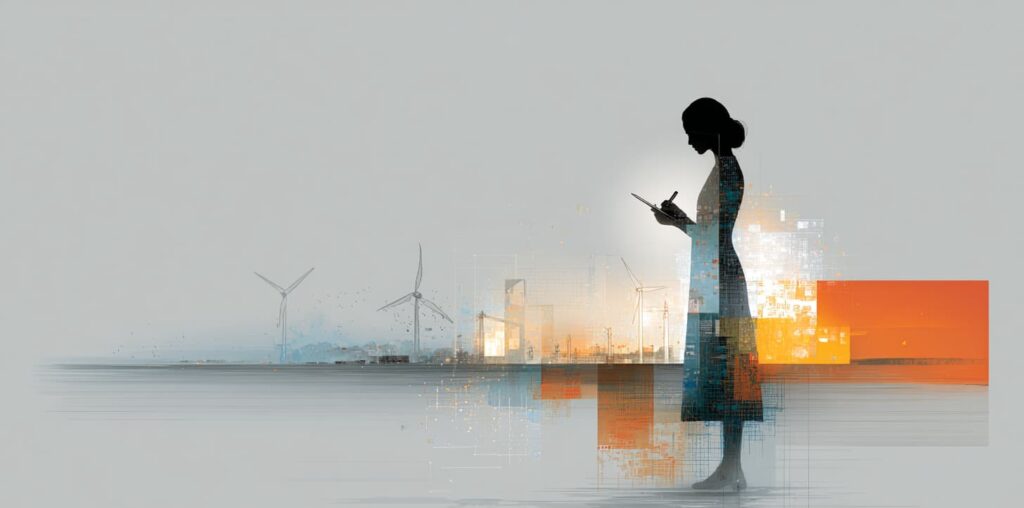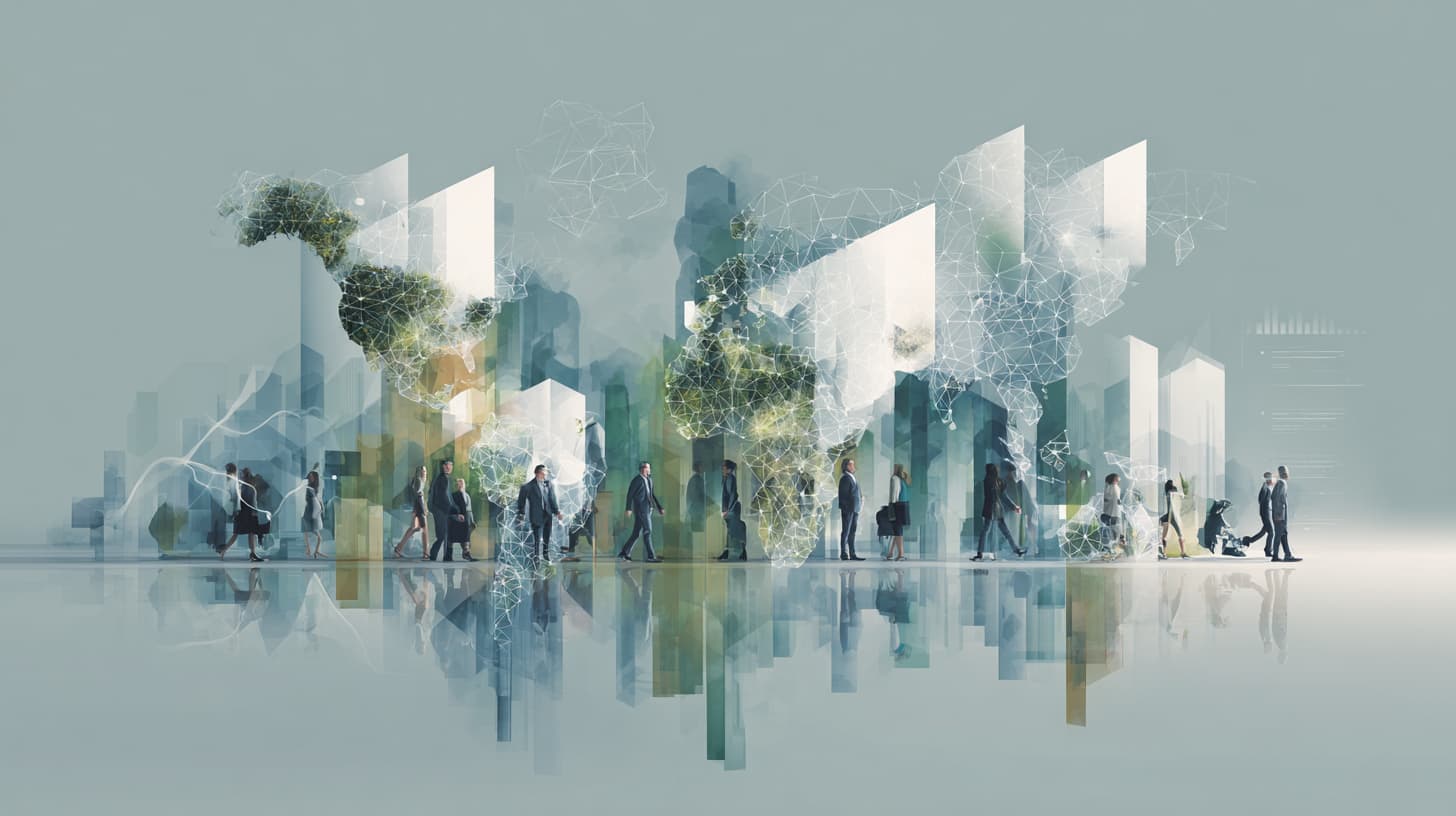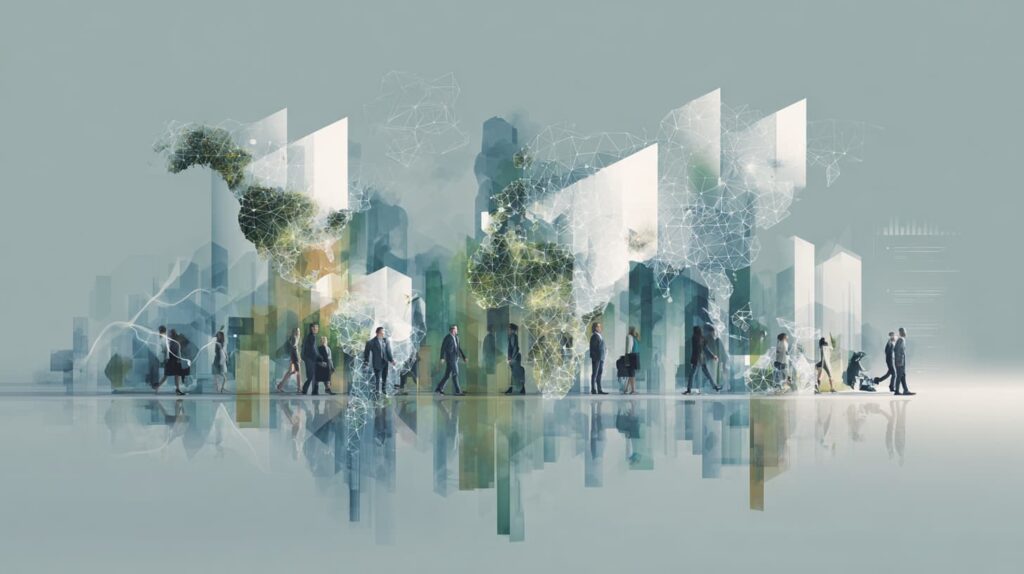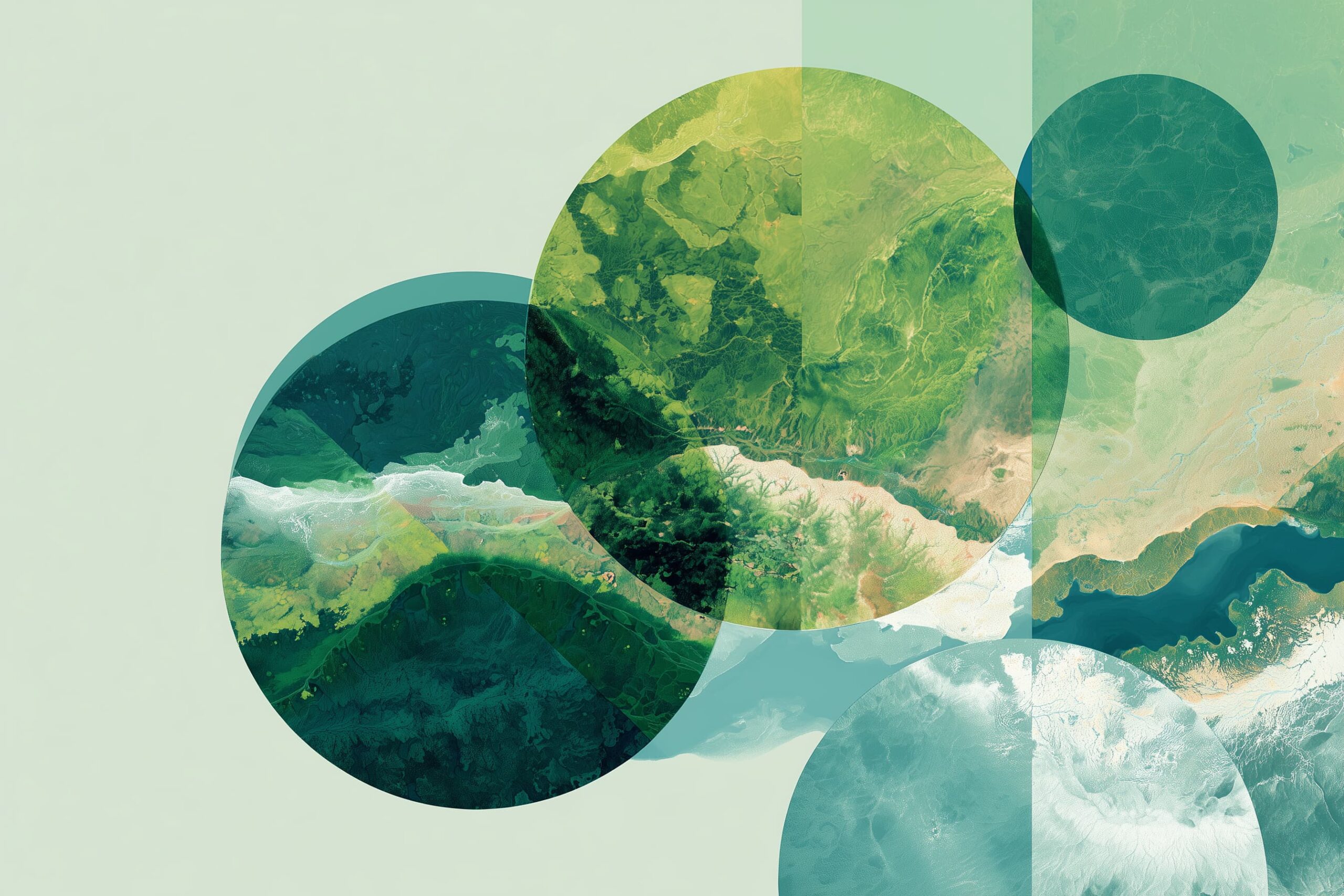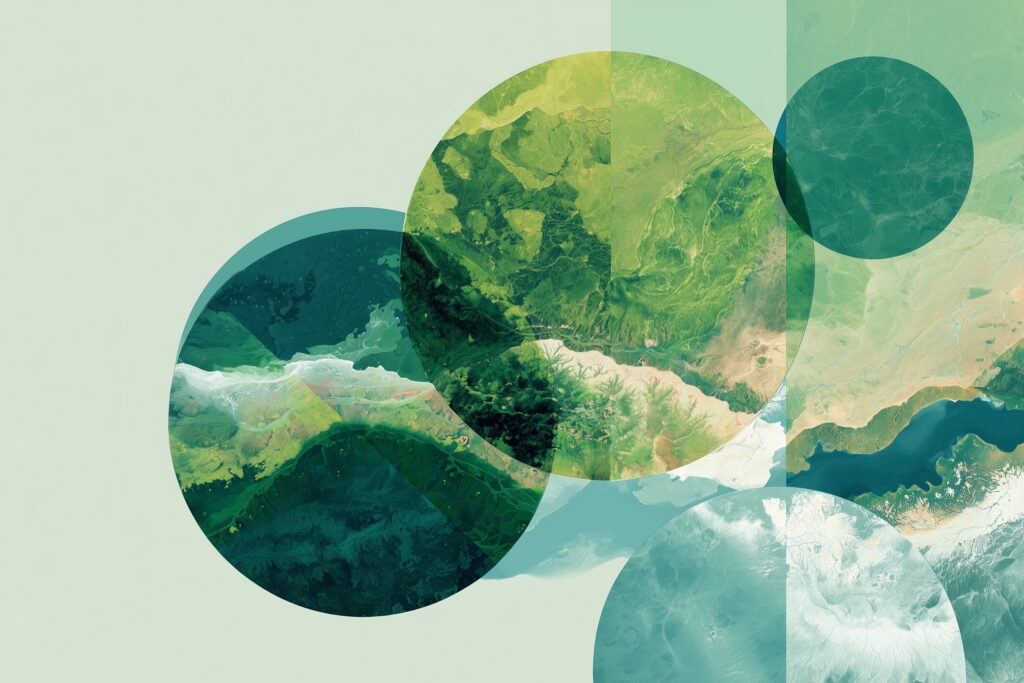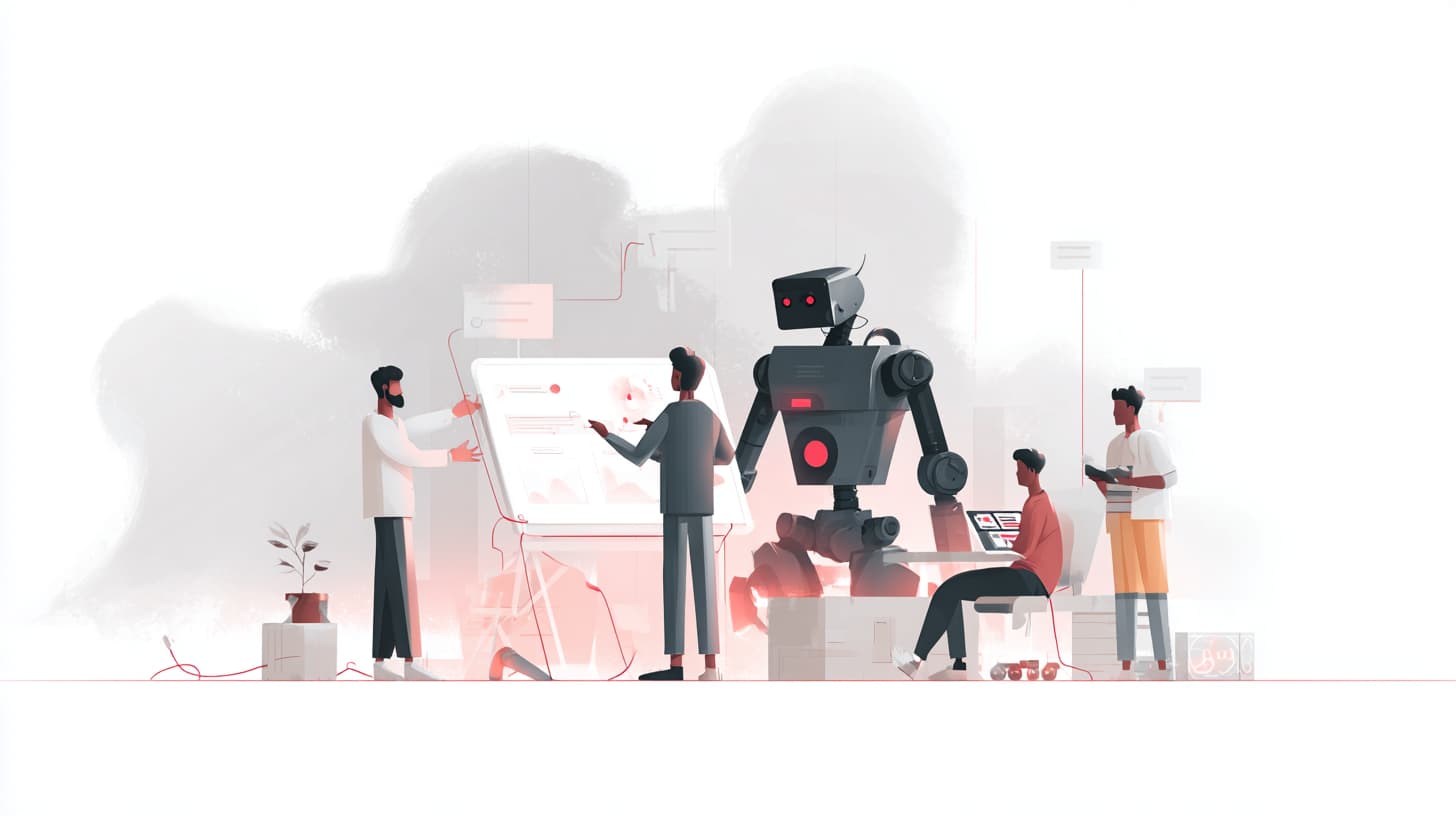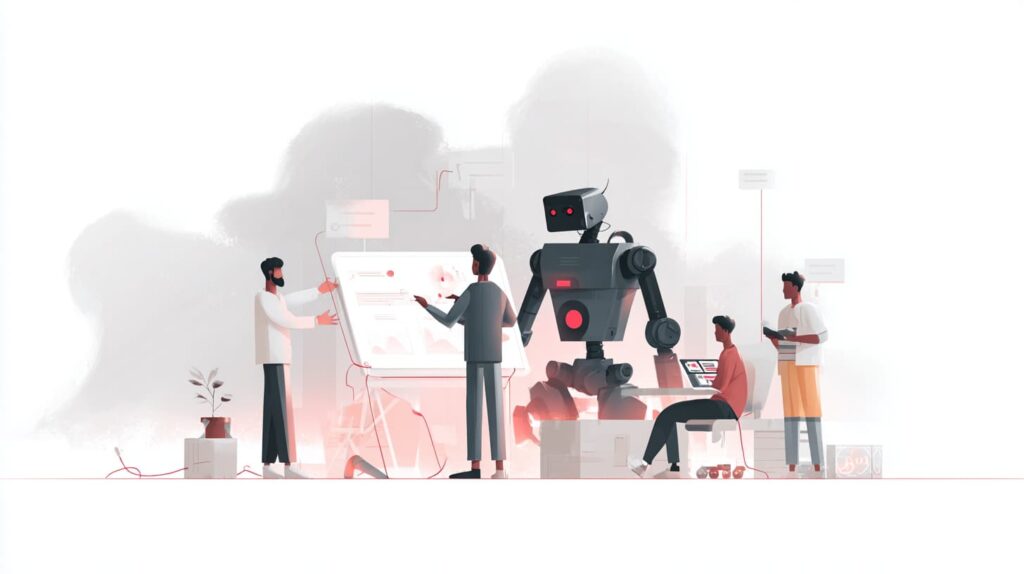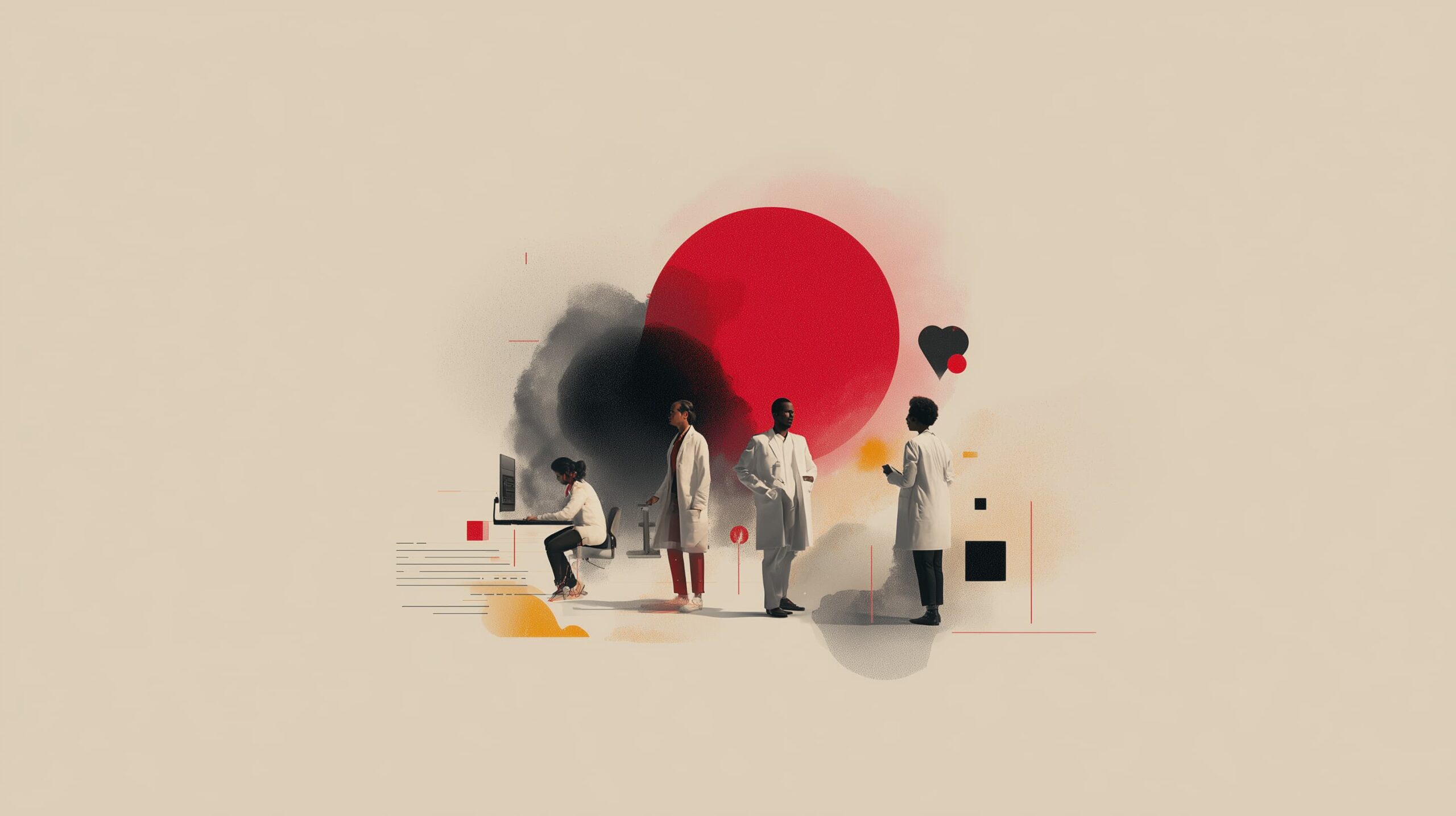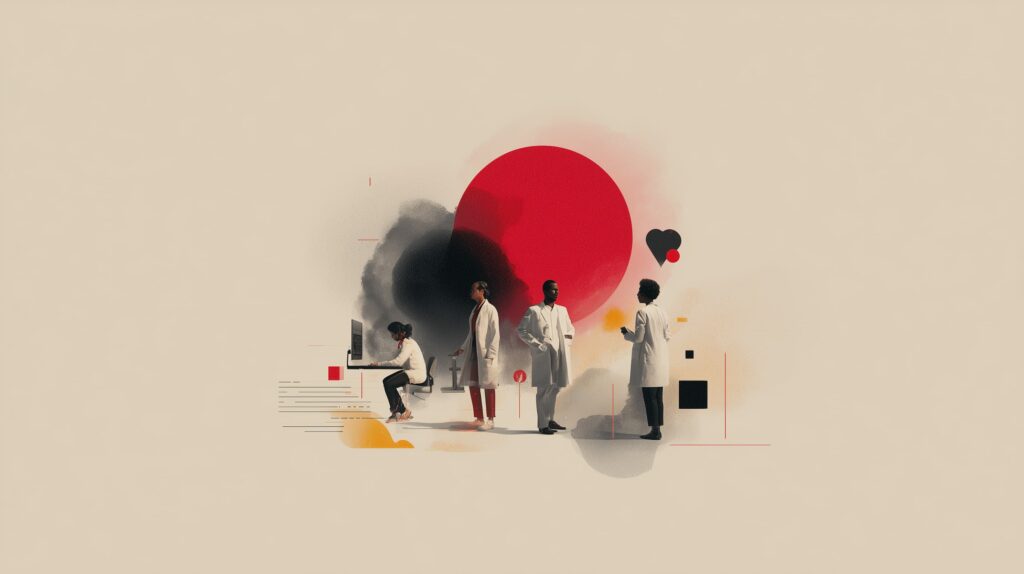By EloInsights
- EloGroup’s Head of Diversity & Inclusion talks about the launch of the EloGroup+ program and the importance of companies taking a strong stance in building a more pluralistic world.
- For the specialist, the path lies through education, the engagement of various areas and structuring actions that change the lives of those who are still pushed to the margins of the job market.
- Leví also talks about how his background and references guide him in his mission to build an open culture, which is fundamental to keeping talent and forming diverse and innovative teams.
Diversity & Inclusion is more than just a hot topic when it comes to innovation and attracting talent to organizations. Building teams that reflect society’s multiple existences in the corporate environment can now be considered a market requirement.
According to Great Place To Work, among the 150 Best Companies to Work For in 2020, 91% have a person responsible for promoting diversity. Gupy, a Brazilian recruitment and selection startup, points out that vacancies for specialists in this area grew by 560% from January to June 2021 in Brazil. On a global scale, data from LinkedIn shows that the number of people in positions heading up diversity and inclusion has more than doubled in the last five years – an increase of 107%.
For Gabriel Leví, Diversity & Inclusion Leader at EloGroup, companies increasingly need to position themselves clearly and forcefully. “It is something intrinsic to being human. If we want to have good people in our teams, we need to be able to welcome this diversity”, he says.
Undergraduate in Law, he is leading the construction of the EloGroup+ program which, in his words, will “make EloGroup more diverse, more inclusive, more connected, more human and more impactful”. The focus is on building an institutional positioning, opening welcoming spaces and naturalizing the discussion about the groups that make up the diverse landscape.
In this interview, Gabriel Leví tells us more about the initiatives to reverberate the program internally and externally. He also discusses concepts such as racial literacy, racism, the difference between diversity and inclusion and the close link between this theme and the ability to innovate. Check it out below:
How did your career intersect with the theme of diversity and inclusion?
It all started when I took the exam to join a university. I did not have any racial literacy and I told my father that I would not try to get in through quotas because I did not need it. He sat me down and said: “I did not even graduate from high school. Your grandfather did not even study. When we look at our family history, you are the first to have all the opportunities and you should rethink, understand yourself more as part of the whole”.
I went to university still not knowing anything about human rights. Until I suspended my third year of university and went on an exchange program in Portugal. Contradictorily, it was there that I started to become racially aware. I realized that social relations were different. The way I suffered racism there was different from the way I suffered it here. I was living with people from all over the world, with totally different perspectives on life. I realized that racism was much bigger than I had imagined.
When I came back to Brazil, I set up the second black collective at my university with some friends, started taking part in movements, doing various social projects in favelas and so on. First came the theme of Human Rights, which later became Diversity & Inclusion.
You raised the issue of racial literacy, a term that is becoming increasingly relevant. How do we achieve this knowledge?
Racial literacy needs to be an intentional movement. We have the false idea that we are born knowing how to be an inclusive person, a person who respects and values diversity. This is not true. It is like the famous – when we think about race specifically – myth of racial democracy. And it has versions and different cuts for other diversities.
We must read, listen to podcasts, consume useful content – in whatever format – and reflect on it. We must live with diverse people and not just in a position of subalternity. We need to see people as equals, understand and value them.
It is not enough to go to a lecture on racism, you should go to a lecture on innovation, or on UX, and have a black person there in a position to teach something, where you admire that person. A black person, a woman, whatever diversity we are focusing on. For me, that is what it comes down to: being intentional, consuming relevant content, relating to diverse people and really having them inspire and admire you.
Can you tell us more about the EloGroup+ program? How was it structured and what are the first goals and actions planned?
We did an internal study to understand what diversity is like here at EloGroup and, of course, we also related it to the Brazilian reality. We know that, depending on society, the challenges are different. Looking at our demographic composition, we decided to prioritize five profiles: black people; gender diversity with a focus on women – with a special look at mothers; social mobility group – of people in socioeconomic vulnerability; people with disabilities; and, finally, the LGBTQIA+ community.
EloGroup+ aims to make EloGroup more diverse, more inclusive, more connected, more human and more impactful. There are three fronts: building structures, breaking down barriers and collecting lessons.
The focus is on building institutional positioning, making a mark both internally and externally. Structuring some affinity groups, opening welcoming spaces and distributing the demand for diversity with more people working on the issue. In this way, we are better able to listen to people and find out what is working and what can be improved.
Some policies we will have to build, against discrimination and harassment, for example. Others we need to rethink. We want to call maternity leave parental leave to cover the various forms of family. We already have a dashboard based on the first diagnosis of D&I. We are going to evolve it into a more robust version with the main indicators that will be checked throughout the program.
In the attraction, recruitment and selection process, we want to build more diverse teams that can deliver more innovative solutions. The idea is to have an MVP to understand the best way to do this. In addition, we are going to review the main People & Culture processes to mitigate biases and ensure fairness in the corporate environment.
Regarding learning, we have already distributed two empathy guides that will be repackaged in more comprehensive versions. They bring together some fundamental concepts in this discussion, such as phrases that should not be said and expressions to remove them from your vocabulary. And finally, we will be holding a series of talks with top voices from Brazil to support our growth journey.
How important is it to encourage diversity in organizations today?
It is difficult for an organization to exist if it does not have diversity. More we see how many companies are being asked to take a stand on this issue. And diversity is something intrinsic to human beings. If we want to have good people in our teams, we need to be able to welcome this diversity.
Thinking about business, it is important to be able to attract the best talent. If we do not have a robust program that embraces this cause, if we do not have an inclusive structure, these talents will simply go to another company that already has this. And I am not just talking about people in diversity groups, but also those who hold this as a value. This has been growing, especially for Generation Z.
We know that the technology sector is still lagging when it comes to inclusion and building diverse teams. In this context, how can we get people to commit to giving everyone access?
There are challenges and opportunities. Everything starts with education. Quality information needs to be circulated. Recruiting people to our organization involves having a clear positioning, as well as the impact of the actions.
It cannot be a diversity wash, where you join the company, and the reality is nothing like what it stands for. It involves understanding each diversity group, looking at the processes and making changes. Sometimes making a requirement more flexible, or structuring mentoring, providing a course. It is about structuring internally to welcome people in the best way.
We cannot wait for “ready-made people”. And I even put quotation marks in that expression, because these are usually the same people with the same trajectories. What makes sense are diverse experiences, the lessons that people have accumulated and how they can deliver them to organizations. The more diversity, the better we can perform.
In one of your speeches, you mentioned that: "racism is a structural problem and is therefore one of the ideological bases that structure the society in which we live. Therefore, thinkers such as Silvio Almeida and Angela Davis say that overcoming racism requires a series of initiatives in various sectors of society". What is the role of a D&I program in overcoming racism?
I will try to summarize. Racism is in fact structural and arises from the way our society is organized. This requires a set of actions. There are several other points that we need to think about and that private organizations will not be able to handle. We need society, social movements, the third sector, the state and the international community looking at this in an integrated way.
As a black man, I have been through a lot. I have a law degree, and here in São Paulo only 1% of the lawyers in the big firms are black. Is there a lack of qualifications for these people to work in these firms? No. What is lacking are inclusive processes that give people the opportunity to show their potential. And from that, others are affected: their family, their friends.
The role of D&I in overcoming racism is, firstly, to get people on board; secondly, to make people feel good; thirdly, literacy so that people can place themselves in society.
It should be the role of the state to provide access to an education related to Diversity & Inclusion. In the history of black people that I have learned, we are placed as slaves – not even as enslaved people – and it is as if the black population had not contributed to the construction of Brazil, for example. When we have access to a quality debate, to concepts, we begin to see and be agents of change not only within companies, but also in society.
This issue of crossings is interesting, because it is one thing to give people access and quite another to make them stay and progress in their careers. Perhaps that is the main challenge?
Of course. There are big companies with programs focused on recruiting people, but which do not focus on changing the culture. I always quote Reinaldo Bulgarelli, for whom the work of the Diversity professional is ‘kamikaze’, because we work so that one day our position will cease to exist. My idea is that one day they will not need me anymore. To change this scenario, culture is fundamental. Once everyone understands what Diversity & Inclusion is, it becomes much easier, people act, and teams organize themselves in a more inclusive way.
Work is where we spend most of our time and where we create various relationships. We also have career goals, financial goals and even social prestige goals. So, seeing yourself as a leader, feeling that you can grow, is fundamental. Diversity & Inclusion is not a country duo in which we often don’t even know who is one and who is the other. It is important to understand the difference.
Diversity is precisely that, the picture we take of the company. So, we see the demographics and how they are spread out in our job pyramid. Inclusion, on the other hand, is about understanding how relationships are within the company. Is it a legal and healthy relationship? If not, it is worthless, it just looks good in the photo.
Can we relate this to micro-violence, the subtleties that we often only realize when we experience them?
Exactly. I have a friend who says there is nothing micro about it! When you add up these various aggressions, which seem small and isolated, it becomes a snowball. People say that society is getting boring. In reality, people are only becoming more empowered to speak up and impose their limits. And we must know how far we can go in dealing with another person. That, in general.
Diversity involves actively listening to the other person, understanding their demands and being someone who welcomes them. The hard part is understanding each demand, which is why we try to separate them into groups. Each human being is unique, and these little boxes need to be very intersectional. We need to work together to make real progress.
Diversity & Inclusion is a very new topic. There are companies that have been working on this for 10 years and there are still many challenges. I talk to a lot of people, and I know that, but it is a beneficial movement. It is about innovation, it is about results, because we are a for-profit company. But the main thing is that it is about people!
You have already mentioned some references for your career, could you tell us more about them?
A fundamental group in the construction of my identity – and in the construction of a critical vision – is Racionais MC’s, especially Mano Brown. I studied at private schools, where I was one of the only black people. Listening to these songs made me understand more about where I was from.
Sílvio Almeida, philosopher, lawyer, doctor, in short, a genius. He was the first video I saw about racism as a concept. And seeing that successful man speaking in such a precise way… it was that video – which I can see here in front of me now – that turned the key for me to start looking at racial issues.
With Angela Davis I broke the barrier of race. In the book Women, Race and Class, I understood that I also needed to look at class and gender. And that opened doors to other debates.
My great-grandmother, who has passed away, has a powerful story. She was from the countryside, between Minas Gerais and São Paulo, from a place called Igaçaba (SP). Her mother died and, at the age of nine, she was already looking after her siblings. She married and had three daughters. She wanted them to have access to education, so she went to Ribeirão Preto (SP), where I was born. She arrived there with nowhere to go and went to work in a house, washing, ironing and making food. She also got my great-grandfather a job on the Mogiana railroad, and he only moved after that.
She got her three daughters to study. Two of them finished college and my grandmother went into business. So, my great-grandmother’s struggle to value education has brought me here as the leader of Diversity & Inclusion. My footsteps go back a long way! It is what gives me the most motivation to build a future with opportunities. The EloGroup+ program will be another seed that I will help plant to empower others.
